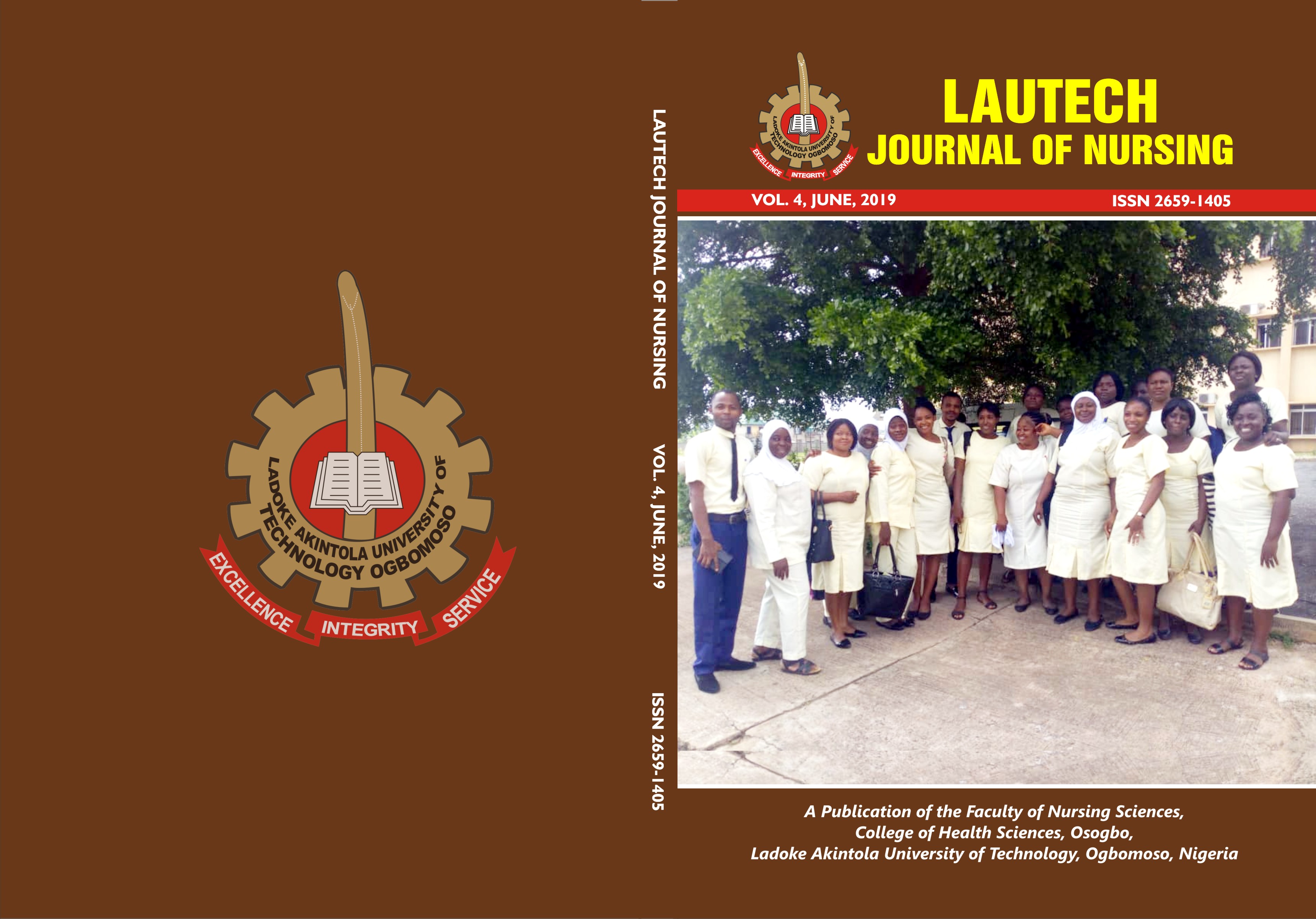Depression is currently ranked second among the 10 leading causes of the global burden of disease and has a global prevalence high as 60% which is worrisome. Postpartum Depression (PPD) can cause long-term consequences in both mother and child like infanticide, dysfunctional maternal-infant relationship, oppositional defiant disorder and conduct disorder . This study is carried out to assess the knowledge of risk factors of PPD among women attending antenatal clinic in Central Hospital, Benin City, Edo State. A non-experimental research design was used and a sample size of 130 was selected from a total population using Taro Yamanes formulae. A self-developed structured questionnaire is A given to experts for face validation, while the reliability was determined through internally consistency and reliable with a Cronbach’s alpha value of 0.79. Data was retrieved and analysed using Statistical Package for Social Sciences (SPSS) and presented in tables, using the Chi square test at 95% confidence interval. Findings revealed that women attending antenatal Clinic have no knowledge about PPD risk factors and the screening tool. Further findings showed that the myth and beliefs identified by women towards PPD include “all new mothers are depressed and fatigue after childbirth so it is normal” (70.83%), women with PPD looked depressed, you will know when you see her (72.5%) and if you have never been depressed before, you won’t experience PPD (72.5%). Hypothesis tested revealed the P-value of chi-square statistics to be 0.001 which is less than 0.05(level of significance), hence this confirmed that there is a significant relationship between educational level of women and their knowledge on risk factors of PPD. Nurses should therefore be actively involved in educating women about the risk factors of PPD in the antenatal clinic and skills should be provided at all level of the health care system.
- Amiegheme | F | E | @ | +234, Daniels | F | M | @ | +234, Ehwarieme | T | A | @ | +234
- ASSESSMENT OF PATIENTS KNOWLEDGE OF RISK FACTORS OF POSTPARTUM DEPRESSION IN SELECTED HOSPITALS IN EDO STATE


